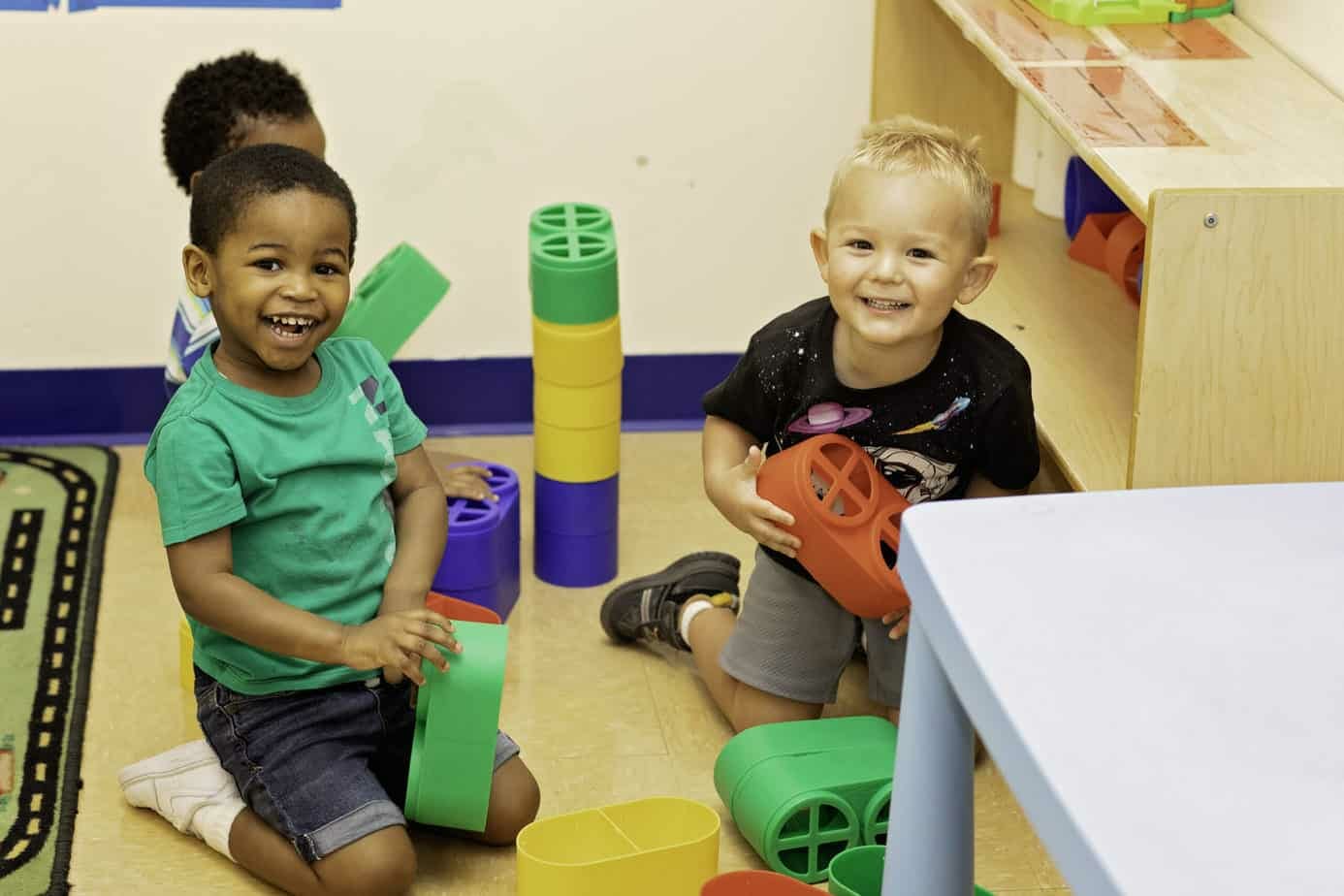Resilience is a quality that helps us to survive life’s challenges. It is that ability to come out stronger from things that would have otherwise broken us.
While it might be innate for some people, resilience is a quality that can be imbibed and learned. It is something that we can teach our children to exhibit through intentional upbringing.
Challenges and how resilience makes a difference
We all will face one form of challenge or the other. Even kids face challenges and their level of resilience is what determines how they behave under stress.
Do they face up to their problems and actively find solutions or do they stay passive and hope things get better?
The third option would be to curl up into a mental ball of despair, with no hope in their souls.
Resilience is what makes the difference between a child who finds a solution to their problem even though they were afraid and a child who just couldn’t even bring themselves to try, or try briefly and give up.
It is what helps us navigate our trials, stress, and trauma. And it can be learned.
Resilience and children
All children will come to a place of a test at some point in their lives. The “problems” of children may seem small and insignificant from your adult perspective.
But remember that we are dealing with little people here. Their problems will seem big to them, and make them feel the same way our adult problems make us feel.
The goal is not to protect your children from stress, but to help them cope.
Teaching kids’ resilience is about teaching them how to stay calm in the face of a problem while actively and effectively finding a solution to it.
More importantly, it’s about minimizing the damage environmental factors can do to our children’s mental and psychological strength.
With practice, children will learn subconsciously that they can overcome any and every problem in life.
How to Build Resilience in Your Children
The instinct of many parents is to come to their children’s aid and take away the problems immediately. But this essentially robs the child of the opportunity to learn how to fix that problem on their own.
Rather than build resilience, it breaks it down. It’s sort of like forcing a toddler to sit down all the time because we are scared that he might fall. He might never walk.
So how exactly do you build a resilient child who will look life’s struggles in the face and say “try me” because they see these as just another opportunity to conquer the world?
Below is a list of strategies to follow when infusing resilience in your child.
1. Connect with your child
The first step to building a resilient child is to connect with your child. You need to raise your child to trust you. Your child needs to feel secure asking you for help.
Your child needs to develop a secure attachment to you. This is the only way you’ll be able to get their attention long enough to teach them anything.
Tips to help you build a connection with your child:
- Hold them close a lot when they are infants
- Validate their emotions
- Console them and never blame them for things that happen to them
- Gently nudge them towards accountability without judgment
- Avoid abuse and severe punishments.
The goal is to raise a child who trusts you, listens to you, and respects you. Because these are the foundation for every other thing, you’d want to teach your child throughout their lives.

2. Raise a problem solver
One of the sure ways to raise a resilient child is to raise a child that knows how to solve problems.
You can increase your child’s resilience by guiding and nudging them towards a solution rather than dropping the solution in their lap.
Their stuffed barney stopped singing? Don’t take the toy from them and change its batteries. Show then why it stopped. Say something like
“Oh… the barney stopped singing? Let’s check the batteries.” Then say to them after you have taken out the damaged batteries.
“It appears these batteries are bad… what do you think we should do now?” and your child would respond with
“Get new ones?”
Only then do you get new batteries into the toy? You have essentially taught your child that the problem has a solution. And if the battery ever goes off again, they would not be as scared as they were that very first time.
This helps them significantly to build skills needed to solve problems on their own instead of being scared or anxious when they face challenges.
3. Support them to take reasonable risks.
You want your children to be safe. But you also want them to be brave. The way to do this is to support them to take age-appropriate risks in healthy ways.
You need to give them that extra nudge to step away from their shell, their comfort zone if you will.
Encourage them to talk to the new student. To audition for the school play. Maybe even join the school sports team.
If they aren’t successful, support them to try something else as soon as they’re ready, and show them that you love them no matter what.
4. Drop your “fix it” hat
Many parents have been there. That place where you just want to tie the pesky shoelaces and be done with it.
But sometimes, what your toddler needs is not for you to tie their shoelaces for them. It is your supportive croon of “Tie it one more time honey. A little tighter… there you go”,
Resist the urge to jump in and take tasks off their hands every time. They’ll learn better and faster when you let them do things and just give guidance.
This in turn teaches them that they can achieve things. They just have to keep trying.
5. Ask questions
There’s this stage when a toddler can’t seem to stop asking “why”. Well, you could use one of such phases yourself as a parent.
Learn to ask your children questions about their problems. Try asking “why is your hair tangled honey” Instead of jumping in to help right away.
“I didn’t put in my conditioner?” Your toddler might answer. You can then also offer another reason.
“Or maybe because you slept without your bonnet on?” This way, you are exploring the root of the problem together and you would be helping your child avoid future issues like that.
6. Brainstorm together
The problem-solving process is always going to be more important than the solution itself.
This is so because your child will get to see the transition from problem to solution in slow motion and stages.
They will thus be able to replicate the process on their own later. Brainstorming together also creates more room for bonding and will form lasting memories for you and your child.
7. Regulate emotions
You need to teach your child how to self-regulate their emotions if they are ever to become resilient. You can teach them this by:
- Affirming their emotions e.g.: “I know you feel bad about not getting ice cream”
- Give them room to grief and cry
- Offer comfort with hugs, cuddles, or just patting them on the head depending on how they like to be touched
- Proffer a solution. e.g. “Hey how about we get ice cream tomorrow?”
It’s okay to fail sometimes
Even adults aren’t always successful in all their endeavors. It makes no sense to raise children to think that the world will always be perfect.
What we can do instead is to allow them to make their mistakes, help them mourn such mistakes and then encourage them to try again.
We need to prepare them for a world where they have to accept that we may have to try again.
Consider resilience training before choosing a daycare
If your child will be spending a significant part of their day at day-care, it is important to choose a day-care that incorporates resilience training.
You want a daycare that supports whatever efforts you are making at home and echoes your core values.
A good example of a daycare center that operates this conscious and intentional child mentoring is The Learning Center of South Park.
The Learning Center Of South Park
The Learning Center of South Park is a preschool and day-care that incorporates several conscious child training and care styles to get the best out of their wards at all times.
Our highly professional staff are well trained to handle children with care, and patience while leading them towards a resilient nature.
Enroll your little sunshine at The Learning Center of South Park today and be sure of utmost care, sound resilient training, and a beautiful learning environment. The mental, emotional, and psychological well-being of your child is the priority at all times.
Reach out to us today to book your tour!
You can also call us today via: (407) 363-9325]








